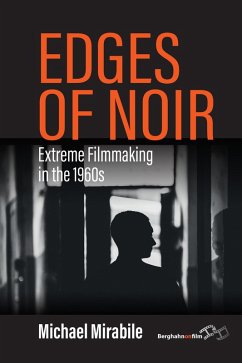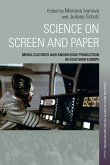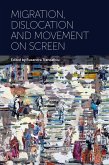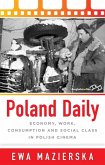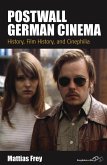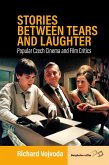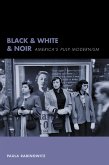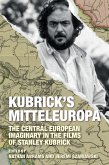Edges of Noir challenges the notion that noir film nearly vanished after 1958 until its subsequent "neo-noir" revival between 1973 and 1981. The 1960s, regardless of critical neglect, include some of the most provocative films of the post-World War II decades. Often formally disruptive and experimental, films including Shock Corridor (1963), Mirage (1965), The 3rd Voice (1960), and Point Blank (1967) evoke controversial issues of the era, deriving dynamic influences amongst exploitation cinema, sensationalistic American B movies, and the European New Wave movement. Whether the focus is on nuclear destruction, mind control, or surveillance, late noir films, above all else, vividly portray the collective fears from the time.
Dieser Download kann aus rechtlichen Gründen nur mit Rechnungsadresse in A, D ausgeliefert werden.

